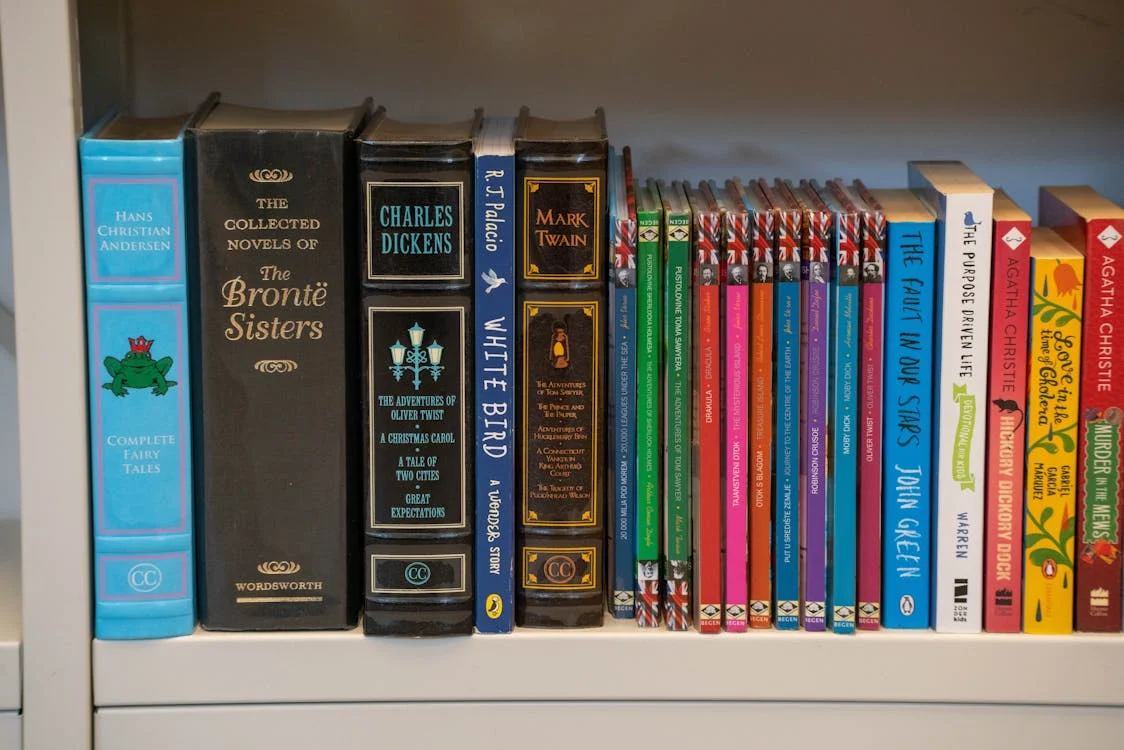
We all know that descriptive writing is a form of writing that gives a clear and concise description of events, people, locations, or things. Now there can be two types of Descriptive Writing – one where the topic is already given to us, and the second where a passage is given and we need to take ideas and details from it and write a piece of our own. For the 0500 IGCSE Paper 2, the Descriptive Writing component does not rely on a passage. Now, whichever type it might be, any good Descriptive Essay needs proper skills and a lot of practice. So, here are 7 tips that will help you improve your Descriptive Writing Skills.
Plan your essay
This goes without saying, but it’s a must. You need to plan the skeleton of your essay – ask yourself what each paragraph would focus on. Think of a suitable central theme for each body paragraph. Remember that planning your essay will not only ensure that you organize your ideas well – it functions as an excellent tool for brainstorming ideas in the correct order.
Make your introduction game strong
The next step is writing a great, compelling introduction. Writing a good introduction is very important in any form of writing, so you need to pay attention to it. Begin with a hook – the rabbit hopped and leaped into the garden as it had just been set free. Spring has begun! You may add some interesting facts about your topic, like a rhetorical question, or a humorous description to keep the readers hooked to what is about to come. Your introduction should include a suitable thesis statement that defines the rest of your essay, making sure that it sets the correct tone and mood as well.
Add sensory details
All of us are familiar with the five senses which are sight, sound, smell, taste and touch. Adding these to your writing is very important as these will add depth and detail to your Descriptive Essay. Use them in a way to bring life to your writing, and create a 360-degree scenery around. Write in a way that the reader can effectively paint the same picture in their mind that you’re trying to create. For example, if you are explaining a garden, add the sensory details, like the soft pink colour of the roses, the sweet smell of the jasmine flowers, the lush green of the grass, the buzzing of the bees drinking nectar from the honeysuckle, the cool breeze and how it feels on your face, etc. The correct usage of sensorial imagery ensures that the reader wants to continue reading more.
Show not tell
The devil for Descriptive Writing is in the details. Don’t just state what you are trying to say, instead paint an image with your writing. For example – If a girl is scared, describe her actions instead of just telling her that she is afraid. Imagine the expression that a scared little girl would have, imagine she’d be trembling with fear, explain the colour being washed off from her face. Use your imagination till the best of your abilities – that’s how your Descriptive Writing skills will come to light. Readers will not get the sense if you only state something, so get into the nitty gritties and create a living picture with words.
Add figurative language
Figurative language refers to the use of words in a way that deviates from the conventional order and meaning of words in order to convey a more complicated meaning. It promotes colourful writing, clarity, or evocative comparison. So, adding it to a Descriptive Essay is very useful. For example, instead of writing “the man was cruel and insensitive”, replace it with “the man had a heart of stone”. The different types of figurative language that you can use are – Simile, Metaphor, Personification, Hyperbole, Allusion etc.
Stay concise
You might be wondering how one can write a Descriptive Essay in a concise form – both of these are literally the opposite. But trust us when we say that nobody likes reading long essays. We’ve marked many papers on Descriptive Writing, and have noticed that the essence remains better in an appropriate length of an essay. Set your word limit and try to stick to it – the beauty about this essay is that you combine your ideas logically and make use of complex and compound sentences. If the passage is already given, annotate the important points and add them to your essay. Writing concisely is an art but you can master it if you practise enough.
Conclusion
As important as you know the introduction is, so is the conclusion. Like for any other essay format, all 3 are crucial to the organisation of your essay. The conclusion gives an appropriate answer or closing statement to the thesis statement in your introduction. If you end your essay with a suitable conclusion, it also helps with your score. Summarise all the key takeaway points from your essay and you have a complete, cohesive answer ready for review!
…And there you have it: 7 Effective Tips to Improve Your Descriptive Writing. The next time you are stuck while writing a descriptive essay, remember these points and these will definitely help you plan, write and enhance your descriptive writing.
Do you need further guidance for this component? Look no further – Young Scholarz has workshops designed for specific modules in group sessions and solo sessions. Along with assignments we will provide you with detail-oriented feedback for a higher score.
Are you still mulling over it? Click on this link to know more.





